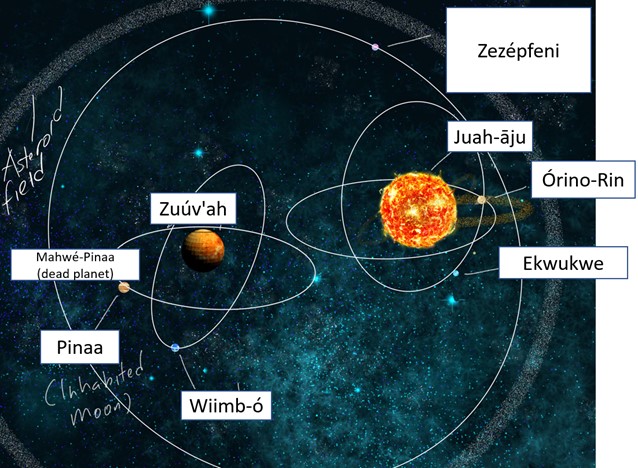
Once every generation, there are defining events that reshape the landscape of the speculative fiction literary realm, this time ten African science fiction and fantasy authors from five African nations have gathered over the past few months of this year to bring to life a new and intricate fictional world called Sauúti.
Born out of a partnership between Syllble, a sci-fi and fantasy production house based in Los Angeles that produces fictional worlds, and Brittle Paper Magazine, The Sauúti Collective has produced a unique science-fantasy world for and by Africans and the African Diaspora.
It all began after Dr. Ainehi Edoro, Founder and Editor-in-Chief of Brittle Paper, Wole Talabi, Nigerian author and Editor of Africanfuturism: An Anthology, and I met to discuss what this collaboration could look like and the importance of bringing African voices together. Wole, now a Syllble Brain Trust member, has been facilitating the collaborative sessions between these nine creative minds leading to the creation of the Sauúti Universe.
Designing an entire fictional civilization based on a blend of African cultural worldviews, giving it various unique histories, cultures, and people requires of us an immense force of creativity and hope, a necessary element for imagining new possibilities for the future of our decaying world that continues to face a multitude of challenges.
Sauúti is taken from the word “Sauti” which means “voice” in Swahili. This world is a five-planet system orbiting a binary star. This world is rooted deeply in a variety of African mythology, language, and culture. Sauúti weaves in an intricate magic system based on sound, oral traditions and music. It includes science-fiction elements of artificial intelligence and space flight, including both humanoid and non-humanoid creatures. Sauúti is filled with wonder, mystery and magic.
With African authors winning some of the most coveted awards over the last few years—Booker Prize, Hugo, Nobel, and more—it’s clear that we can see a phenomenal trend that is leading the continent toward establishing its grand footing all over the world, demonstrating the vitality of its literary arts, stories and futures.
I believe we are at the precipice of dire times on our planet, and the African continent and people of African descent, I believe, will lead a decolonizing future for the world. What better way to engage this momentum than by utilizing the immenseness of imagining a new world through the power of speculative fiction? Built on the philosophy of community and ubuntu, the collective’s hope is that this fictional world will be a sandbox for generations of African and African diaspora writers to work together and imagine endless possibilities of something new for a continent on the brink of cultural rebirth and renaissance.
Syllble’s aim as a production house is to prioritize Black and Brown creators and challenge the classical view that writing is a solitary process. Through worldbuilding and creating a new universe, writers in the Sauúti Collective at Syllble have been empowered to dream more, share critical ideas, and occupy the forefront of innovation in the speculative space, bringing something entirely new to the global table.
A world like ‘Black Panther’ from the Marvel Cinematic Universe is not accessible to every writer to write canon. It seems all of the popular worlds are housed in a large studio. Sauuti is more accessible, it’s a cultural reckoning that is born and new mythology for Africans to play in. The members of the Sauúti Collective will each be writing stories in what we are fondly calling “the Sauútiverse”.
As a science fiction and fantasy writer born in Haiti and now living in Los Angeles, United States, I always imagined the African continent as my ancestral past and future, so it’s been really incredible to witness these African writers from different walks of life come together to use their imaginations to change the world.
Without further ado, It’s a great honor to introduce the members of The Sauúti Collective:
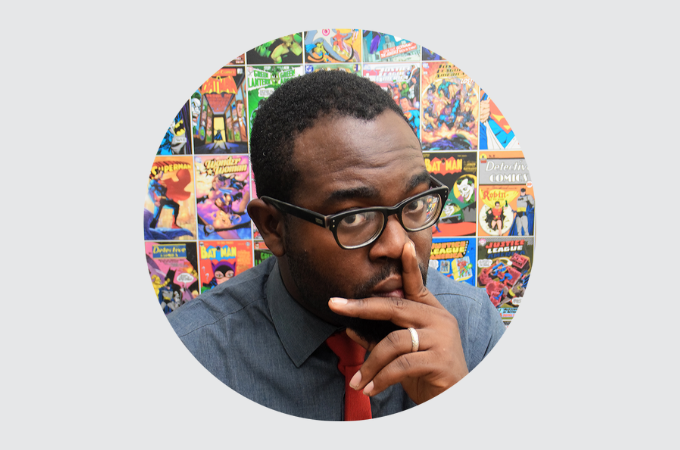
Kalejaye Akintoba
Where are you from and how does that affect your work?
I am from the Ijebu tribe of the Yoruba nation, Nigeria. Majority of my childhood was spent away from the city in the villages. As a result, I grew up around the more traditional elements of Yoruba culture, seeing first hand the pertinence of Yoruba traditional religion to the Yoruba way of life and worldview. Ultimately, my work is coloured with ideas directly translated from Yoruba tradition and cosmogony.
Describe how speculative fiction is important to society.
Speculative fiction is the paper upon which the blueprint of the future is written. This statement exemplifies my view on speculative fiction. The truth as we all know is that reality follows fiction and speculative fiction is the genre of literature that most exemplifies this opinion. An example are the works of Isaac Asimov, creations that today can almost be considered “Nostrademian” predictions. Isaac Asimov’s speculative fiction predicted the current state of civilization and technology by more than a 50 years gap. Following this reasoning, it is my belief that Speculative Fiction forms a cornerstone of inspiring the future while fascinating the present.
What does it mean for you to create in the same world with other African writers?
I have always believed that “The only way forward is to work together”. Like i heard my old man once say to a friend of his that “Eni to fe Yara, nise lo da rin, Eni to fe lo jina, nse lo mu awon ara e dani.” This translates into: “if you want to go fast, go alone, if you want to go far, go together”. The cast of Writers and Creators in this project so far are so immensely talented that I feel honored every time I am in the same space with them. I believe that consensus of this nature is the true way to make progress and make giant strides for African Speculative Fiction.
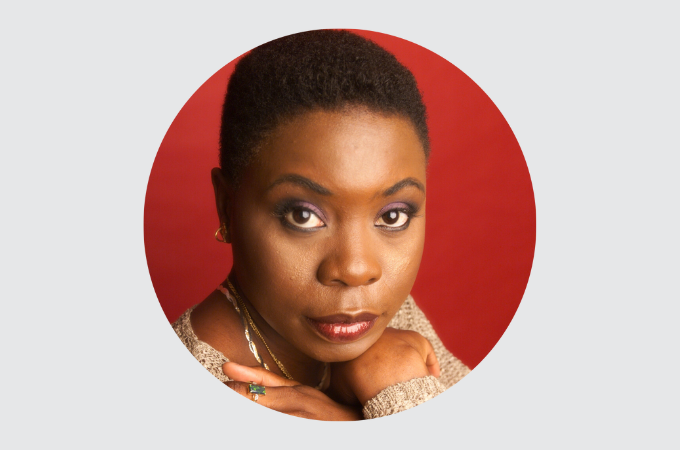
Eugen Bacon
Where are you from and how does that affect your work?
I was born in the United Republic of Tanzania, in East Africa, and spent my childhood years in Nairobi, Kenya. I grew up reading African literature, including Margaret Ogola’s how and why stories, Ngũgĩ wa Thiong’o and his books: The River Between, Weep Not, Child, and more. I also read Camara Laye’s The African Child and Chinua Achebe’s Things Fall Apart. These are early books that shaped my thinking. I was always the child in-between, growing up in the city but visiting my grandmother in a village on an island across Lake Victoria. I loved learning about culture and tradition, yet sometimes felt removed from it. My writing today explores that hybridity, the yearning to understand what I felt as a child. Grown, I am still a child of my father, my mother. My roots.
Describe how speculative fiction is important to society.
Speculative fiction is a safe way to explore our world meaningfully, creatively. In its generality, encompassing fantasy, science fiction, horror and the paranormal, it explores the diversity of our world and the universe beyond our understanding. It’s about interrogating possibilities in the exact meaning of the world: to imagine, to conjecture, to think, to reflect, to fabricate… Speculative fiction can be a powerful tool of subversive activism for an author as an agent of change to explore themes relating to climate change, social injustice, greed, politics, racial inequality and more, in worlds parallel to ours.
What motivates you to create?
Dominique Hecq, who was once my PhD supervisor, now a dear friend and mentor, once wrote:
“I write to answer incipient questions that trouble my mind … I write to relieve some form of anxiety, the question of anxiety being the unanswerable question par excellence, since the object cause of anxiety, the shadow of Das Ding, cannot be symbolized … In this sense, I write because I must do so, exhilarating, detestable or painful though this might be.”
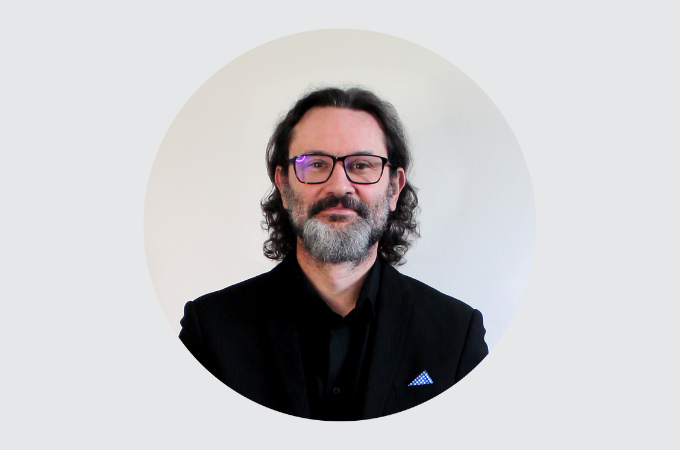
Stephen Embleton
Where are you from and how does that affect your work?
I was born and lived in Durban, KwaZulu-Natal, South Africa until 2022. The multicultural city and surrounding area has given me a rich diversity of cultures, traditions and experiences which I love to delve into on a personal level. And now, through my writing, I get to explore those and feature those in the worlds I create. From the cities and towns, to the landscapes and wildlife, we have so much to write about from southern Africa. Being in the UK now, I still feel rooted in those worlds, languages and traditional beliefs.
What are you wanting to focus on in the Sauúti Collective’s fictional world?
Firstly, the cosmology aspect and how that has influenced the worldview of the people in terms of the importance of sound; in tandem with the mythology, as interpreted by various peoples through the world’s ages.
Secondly, the sound aspect in relation to language, linguistics and any written forms. What were the ancient forms of these, what was lost, and what is rediscovered in order to tap into the third aspect of my interest – the magic.
And so thirdly, the fantasy element combining all of these into a world of magic harnessing the ancient knowledge, grounded in those mythologies and linguistics.
What does it mean for you to create in the same world with other African writers?
At first I was unsure of the process, never having done it before, and not knowing how I could add value or input. But the first session really opened me up to the other contributors, their skills and knowledge, that is already making the world building fun, interactive and most of all extremely prolific in covering so many aspects that a single writer or creator would battle to do themselves. We quickly saw where each person’s interests lie, and that means areas I may find out of my depth will be picked up by another contributor or contributors. Or I might find a partner in crime to go into things I’m keen to investigate – and then be able to throw ideas around. It’s been fascinating to see how it has evolved and where we all agree on the direction of certain aspects.
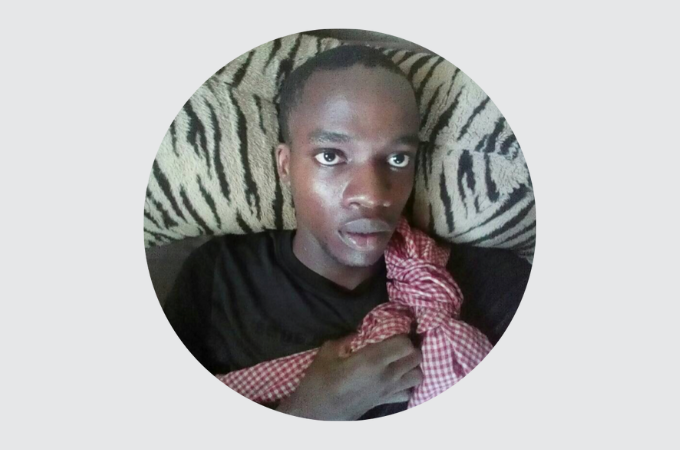
Dare Segun Falowo
Where are you from and how does that affect your work?
I was born in and grew up in Lagos, Nigeria in this house full of many people and their differing spiritual beliefs and forms of worship. I had my secondary school experience in a deeply forested Federal Government College where superstition, imagination and reality blurred often. I live in Ibadan, Nigeria currently where the power of traditional belief constantly charges the air. My work is shaped by that feeling that there’s always a strange (unbelievable) story waiting around the corner to witness, to listen to. I grew up with a secret craving to hunt for where the weird splits open the ordinary.
Who are your biggest artistic influences?
There are too many to count as I’m a bit of an absorbent mind when it comes to artistic influence. There are so many modes: the written, the visual, the naturally experienced. There’s the firm memory of watching Alice’s Adventures in Wonderland in childhood, and peering through a painted book called ‘The Water Babies’. The first author I read away from schoolwork: R.L Stine, who lit a spark. The worlds that found me after that: C.S. Lewis. Stephen King. The Potter Series, whose annual release laid over my seven years in secondary school, where I found Cyprian Ekwensi’s The Drummer Boy and consumed a gumbo of thrifted paperback romances and folktales in exchange with friends. The library at my government college was quite a rich place to explore: I remember a book called “My Family and Other Animals”. Another one by a Yoruba author, “Unknown Hands”. In my youth, there was Amos Tutuola, Jorges Louis Borges, Sylvia Plath, Kelly Link, David Foster Wallace, Karen Russell, Ursula K. LeGuin and a slew of others. There are the young Nigerian writers I found in my early days on the internet, who experimented with language, form and genre, to name a few; Chioma Odukwe, Ekwe Martins, Akwaeke Emezi, Wole Talabi, Pemi Aguda,
What does it mean for you to create in the same world with other African writers?
There is a sense of many hands working with something malleable, like mud, and the joy that comes from watching such a vast world take shape. This constant spinning exchange of ideas and the multiple points of view cohering into one wide whole. Most exciting is the many writers who will come to this world and create stunning work that we who worked on its origins couldn’t have seen coming. Making this open imaginative system with so many different Africans who are professionals in their varying fields, but also intuitive and attentive to detail is a continuing honor.
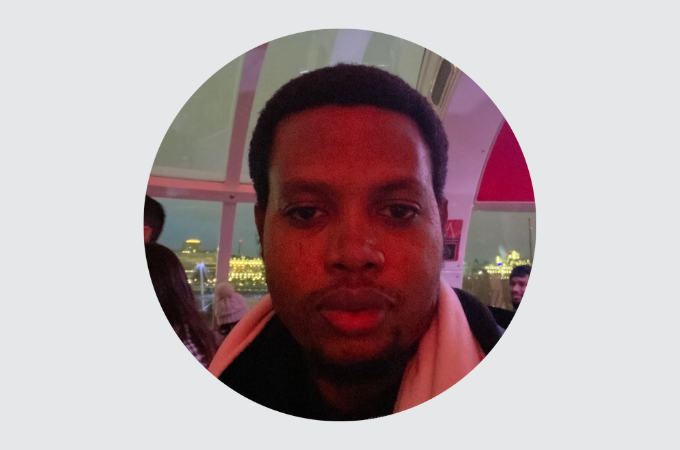
Adelehin Ijasan
Where are you from and how does that affect your work?
I’m Nigerian. I grew up in Lagos and only recently moved to Scotland where I now live with my wife and one year old daughter. Most of my writing is based on the beautiful multidimensional setting that is Nigeria. Africa needs more speculative fiction on the world stage simply because African speculative fiction is cool as rice. I mean, doesn’t everyone wonder what first contact could be like in Lagos? Or if African superheroes would wear agbadas instead of capes?
Where do you find inspiration?
Depends. Some stories come fully formed, startling me awake at 3AM, a candle in the whirlwind that’s my mind and I have to cup a hand around the dying flame and write it down immediately. Others, I have to construct as a carpenter does a chair. I’m usually inspired by what’s going on in my life, be it fatherhood, work, existential angst or grief; and what reading phase I find myself in. I’m currently deep diving into philosophies and paradoxes so I write to explore these.
What motivates you to create?
Writing is a form of expression for me. On the occasion I come up with something I think is really cool, I want to share it with others. Being mind blown by some piece of art, short story, movie or comic, also sets me on fire and I’m desperate to evoke a similar feeling in others.
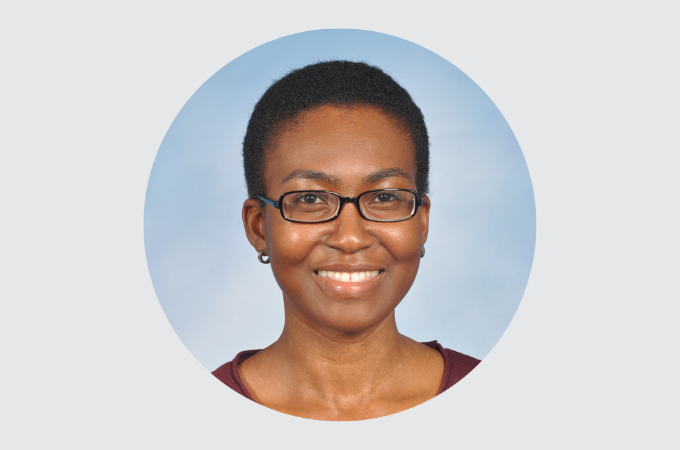
Cheryl Ntumy
Where are you from and how does that affect your work?
I’m from Ghana but grew up in Botswana. My early work reflected much more Southern African culture than West African, but that has changed in recent years as I’ve started to spend more time in Ghana. For a long time I resisted setting stories in real places altogether, or wrote stories with indeterminate settings. Now I enjoy incorporating elements of both Botswana and Ghana into my work.
Describe how speculative fiction is important to society.
It allows us to imagine a different world. All stories have the power to affect us, but speculative fiction imagines worlds that don’t exist – yet. I grew up seeking out the most outlandish stories I could find because those stories allowed me to believe that anything was possible, not just for me but for all of us. I think that’s an important thing for children to have, especially when their real-life circumstances are difficult. Speculative fiction gives us hope. If you don’t think change is possible, you won’t be motivated to work towards it.
What does it mean for you to create in the same world with other African writers?
It’s an honor and a joy to collaborate on building an Afrocentric fictional world. There’s something really powerful about bringing minds together and watching the most extraordinary, exciting ideas take shape on this scale and to have the opportunity to learn about different African cultures. Most importantly, I love knowing that what we build in this project will belong to any and all African writers that want to play in this world.
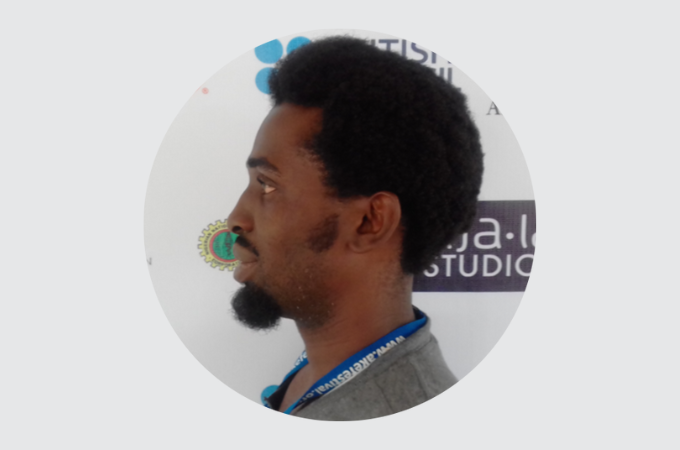
Ikechukwu Nwaogu
Where are you from and how does that affect your work?
I am Igbo, from Abia state, and I have lived all of my life in Nigeria. Thanks to my parents, I had a very diverse reading palate as a child, and I interacted with a multitude of stories from all sorts of places while growing up. It is actually now, that I am older, that the notion of my being Igbo is beginning to assert itself in my writing. I have something in the works that deals with the Leopard Men of igboland. Perhaps sometime soon, it will come to print, and people will be better able to understand some things about that wonderful phenomenon.
Who are your biggest artistic influences?
My biggest artistic influences… I read a lot, and the things I read have a way of influencing the directions that are taken by some of the things I write. Stephen King, Dan Brown, and of course, Martin, Lewis, and Tolkien.
What does it mean for you to create in the same world with other African writers?
it feels really good, to be honest. I feel seen. Since 2018 when my Novella “The Book of Lost Words” got some recognition at a manuscript contest, I do not think I have really had this kind of exposure to other writers and creatives. You know writing is primarily a solo endeavor. But this is very exciting, and I look forward to making the most of it.
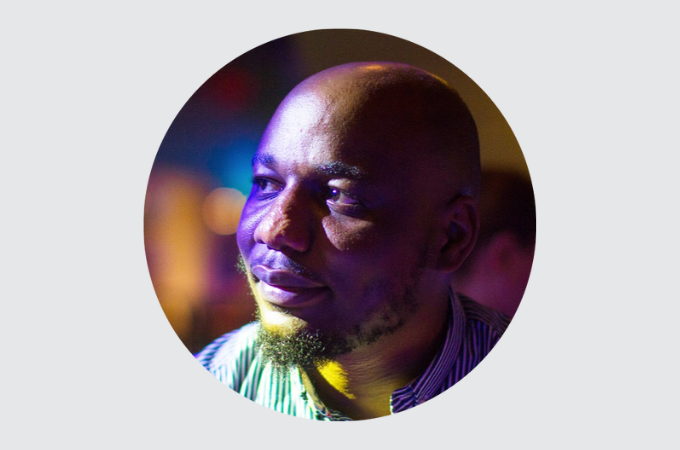
Wole Talabi
Where are you from and how does that affect your work?
I’m from Nigeria, born and raised, and lived all over the southern(-ish) part of the country. Although I live outside the country now, those places and spaces and the people who inhabit them were the frame for my world until I became an adult and remain so even in my fiction.
Describe how speculative fiction is important to society.
Speculative fiction allows us to experiment in our minds, imagining other ways of being, of living, of loving, of existing. That has immense value in any society. As an example, many people have cited the direct relationship between science fiction in particular (as a subset of spec-fic) and a drive for technological development. I’ve even made the argument before myself for Africa specifically: “Why Africa Needs To Create More Science Fiction”. Even if one does not subscribe to that view, at the very least, speculative fiction is uniquely entertaining and that too, is important.
What does it mean for you to create in the same world with other African writers?
I believe almost every writer begins by writing fan-fiction. Our earliest stories are usually inspired by other stories we’ve heard or read or seen and want to see continued in some way. I also stumbled into my writing career by working on stories with other writers and I learned a lot from those interactions. I think having a shared world takes us back to the core of our creativity and learning and opens us up to even grander stories. To do this with a cohort of very talented Africans of varied backgrounds is a pleasure and one I think we will all benefit from.
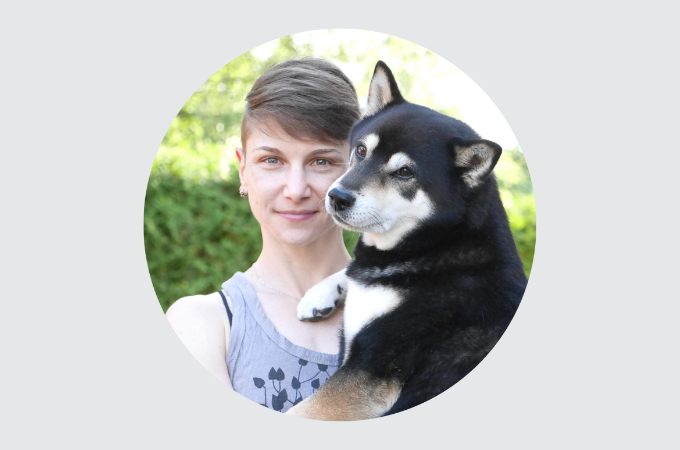
Xan van Rooyen
Where are you from and how does that affect your work?
I’m originally from South Africa. After completing my Bachelor’s in Music Education, I moved first to Australia and then to Finland. After completing my Master’s in Music, Mind, and Technology, I spent a year and a half in Stockholm, Sweden before returning to Helsinki which I now consider my forever home. I have also been extremely fortunate to be able to travel and I think it’s this exposure to different countries and cultures that has affected me the most, making me more open minded to the different ways people live, which is hopefully reflected in my writing. I have also experienced a sense of rootless-ness at times and the whole idea of being an itinerant soul has also influenced my writing and how I ground my characters.
Who are your biggest artistic influences?
Definitely Neil Gaiman – his Sandman series blew my mind and made me realize the true power of SF/F. Popp Z Brite’s Lost Souls perhaps had the most indelible effect on me as it was while reading that exquisitely dark prose that I realized I might want to write my own stories. More recent influences are all across the board including N. K. Jemisin, Maggie Stiefvater, Anna-marie McLemore, Neon Yang, Martha Wells, and Jeff Lemire. Each of these authors is able to so deftly weave personally relevant themes into lush SF/F worlds and yet still manage to give the reader quiet moments to reflect on the beauty, or brutality, of their surroundings.
What are you wanting to focus on in the Sauúti Collective’s fictional world?
Definitely the music and magic and the culture this system would create, bringing in the religion as well. As a musician who was always taught to read music, the concept of oral traditions, of knowledge being passed down and shared without the need or desire to write it down has always fascinated me and this is a concept I am keen to explore, especially in the context of how vulnerable that knowledge and cultural heritage might be to loss and corruption. Having read and loved works by Akwaeke Emezi, I am also keen to explore gender and gender identity in a more specifically African context within the world we create.
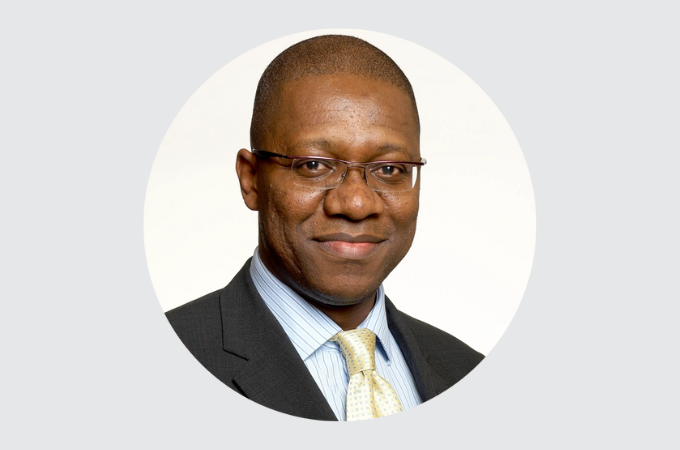
Jude Umeh
Where are you from and how does that affect your work?
I was born & raised in Nigeria, but based in the UK for well over half my life. Although I speak a couple of Nigerian Languages, English is my primary language of communication (albeit with the occasional lag or glitch in translation). As a technologist and former biologist, my interests include the co-evolution of tech and humanity and this is a theme I am keen to explore with speculative fiction.
Describe how speculative fiction is important to society.
I believe anything that can be imagined can be made real. Therefore speculative fiction, sci-fi and fantasy can all eventually become manifest reality, one way or another. The mind and imagination require exercise and nourishment, fed by curiosity, exploration and adventure in order to thrive, and speculative fiction is like a gym for the mind and imagination. Society benefits from people with great imagination and creativity who produce works that enrich the lives of all within it.
What motivates you to create?
An inborn need to play and explore, coupled with the right role models who make it ok to indulge and find satisfaction in creative pursuits across a spectrum of art forms. Creativity inspires creativity, and each story told or art completed only sparks more of the same and/or better interpretation or extension of itself.


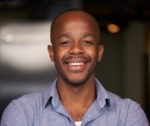
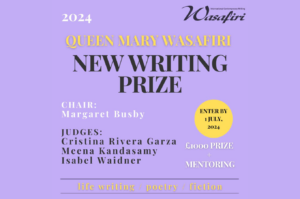
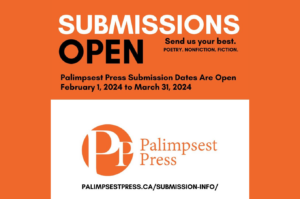


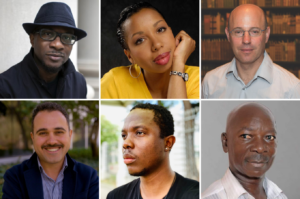
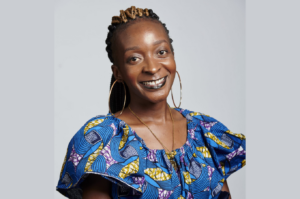

COMMENTS -
Reader Interactions